Fallacy of Composition
The Invisible Hand describes how the free market system converts our individual choices into product prices that lead to overall satisfaction of societal needs. We choose what we want and the economic system develops a set of production, distribution, and purchasing that is the best possible arrangement to meet all our needs.
However, there is an insidious counter-current to this utopian ideal. It goes by the name, the Fallacy of Composition. T. Edward Damer describes it in his useful primer, Attacking Faulty Reasoning (p 123)
This fallacy consists in assuming that what is true of the parts of some whole is therefore true of the whole.Click for more
Wheat Example
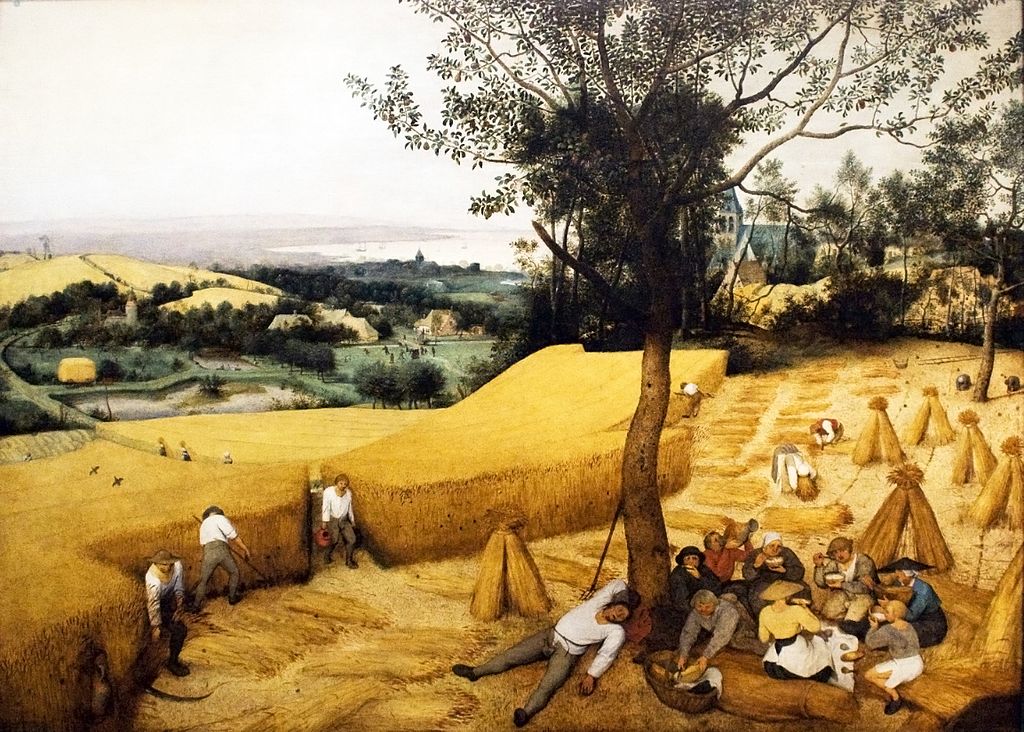
I learned about the fallacy in economics class, in a discussion about wheat farmers. If one wheat farmer grows additional bushels, he may expect more income. However, if all farmers grow additional bushels, the price of a bushel may drop so much that each farmer earns less.
Thus, a more profitable year for one when all followed his lead, led to less profitable year for all. We can say more about the Fallacy of Composition in this case. The fallacy occurs because the individual considers the market as fixed; however, when all farmers make the same decision, the market itself changes (the price of a bushel drops).
General Condition
Since each of us only sees our particular section of the world, it’s easy to overlook, if everyone makes the same choice, the entire system changes.This can completely reverse our intended results.
Although the Invisible Hand leads to best allocation of resources, significant numbers of people suffer because of overlooked Fallacy of Composition consequences.
This unanticipated shifting from an individual profiting to an entire class suffering when all taking the same self-interested action occurs with sufficient frequency that we ignore it at our peril. The presence of this paradox in government and economic policy decisions follows in Good For One.
By Pieter Bruegel the Elder – Photo by Szilas in the Metropolitan Museum of Arts, Public Domain
Invisible Hand, sums up individual actions to best pricing and allocation
Design without Designer
Fallacy of Composition, individual actions can lose their advantage
Good for One
Invisible Hand’s Scar
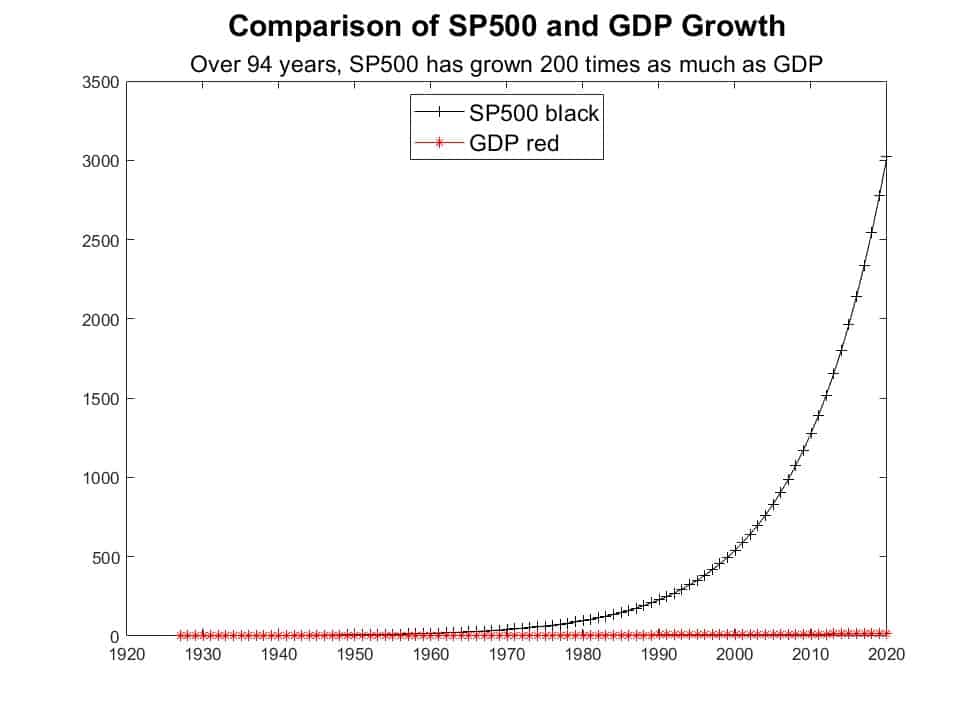
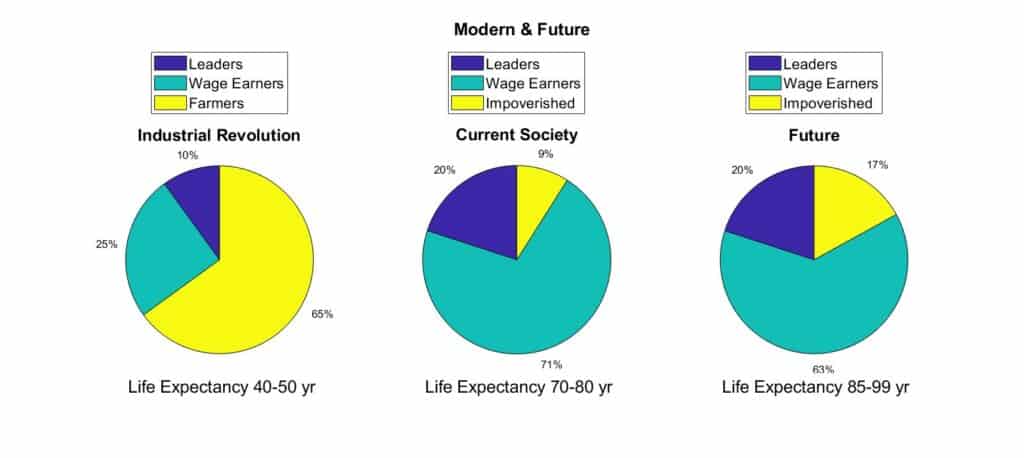
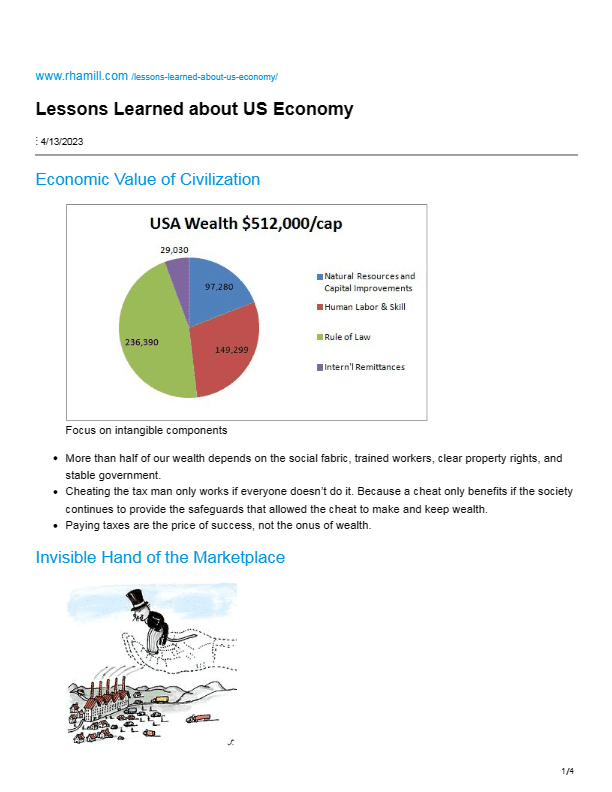
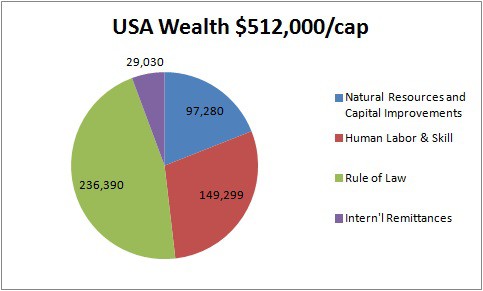

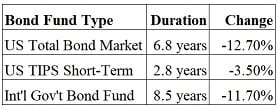
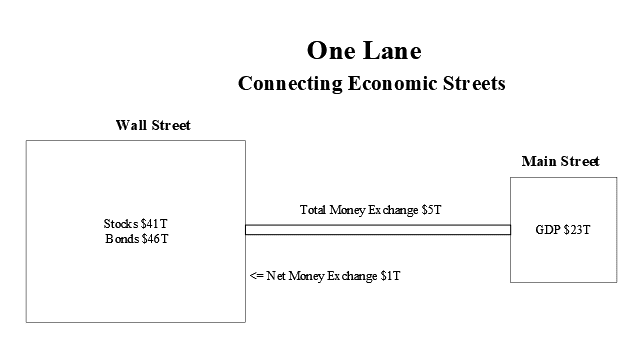
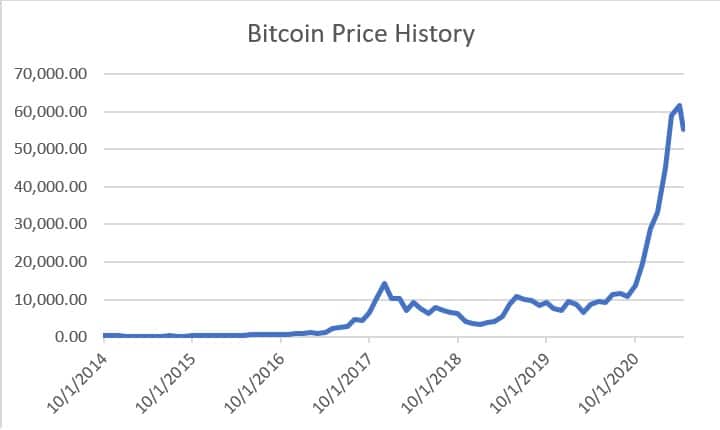

1 thought on “Fallacy of Composition”